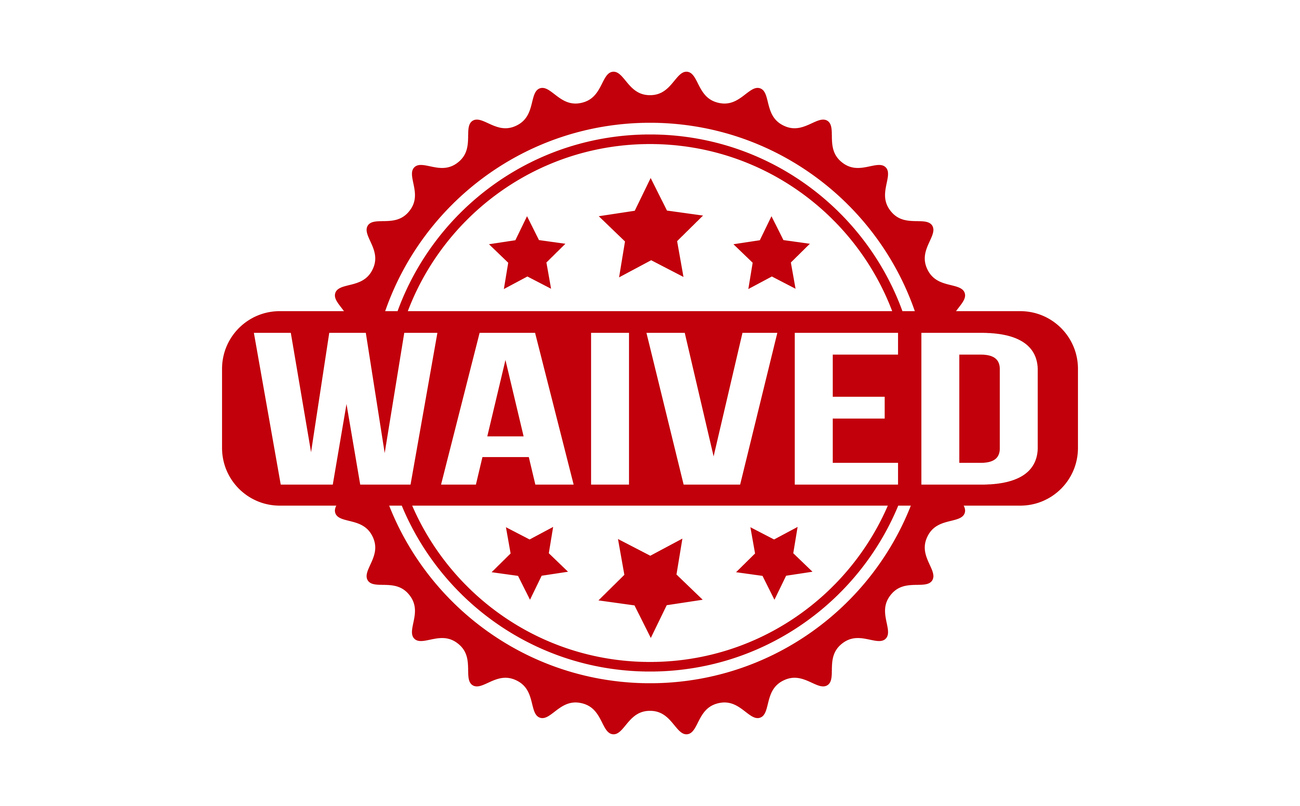Tennessee is a beautiful state. The powers that be even gave me a license to ply my trade in the Volunteer State. I was recently researching whether causation can be determined by an appraisal panel in Tennessee.
Parks Chastain is an insurance defense attorney and Brandon McWherter is a policyholder attorney. They author a wonderful insurance coverage blog, the Tennessee Insurance Litigation Blog. Chastain wrote an article, Tennessee Court of Appeals Reaffirms Limited Scope of Appraisal. He noted:
Almost yearly (if not more frequently), insurance companies face the argument that the appraisal process provided by the typical insurance policy should be expanded. As a refresher, back in 2001, the Tennessee Court of Appeals issued its opinion in Merrimack Mutual Fire Insurance Company v. Batts, 59 S.W.3d 142 (Tenn. Ct. App. 2001), where it held that questions of coverage and causation were not appropriate for resolution through the appraisal process, and that the question of ultimate liability is something not for resolution through appraisal.
Not getting the answer I was looking for and being suspicious of Parks Chastain (he is an insurance company coverage attorney) I asked a law clerk whether causation could be considered in Tennessee appraisals. Kyle Bugden cited the same case as Parks and agreed with him noting that Tennessee Courts find appraisal distinguishable from arbitration, which is a formal proceeding. Further, Tennessee finds that the purpose of appraisal is to value the property loss only, and not to resolve disputes over liability and causation issues.
Still not being satisfied, I followed up with the expert of experts regarding causation in appraisal: Merlin Law Group attorney Ashley Harris. While she did not write the book on the issue of causation, she published a full analysis of it in a law review article on the topic, Property Insurance Appraisal: Is Determining Causation Essential To Evaluating The Amount Of Loss, published in the University of Missouri Journal of Dispute Resolution. Two years ago I wrote a blog about Ashley Harris and judges recognizing her as an authority on the topic, Ashley Harris Cited by Iowa Supreme Court Regarding Causation Issues in Appraisal Proceedings. Public adjusters and contractors involved in multiple states should refer to her state-by-state list of whether causation is part of the appraisal process.
Why I did not just save a lot of time and refer to her or find the answer in her article is a mystery. She cites the same case with the same finding as Parks and Kyle—Tennessee does not allow causation to be determined in a property insurance loss appraisal.
Nashville was hit by a horrible tornado in March. Merlin Law Group attorney Jeff Carter grew up in Nashville. We have been slowly but surely getting more involved with litigation and answering more questions about disputes. The bottom line is that if a dispute has arisen about the cause of the loss, Tennessee is a state that does not allow causation to be determined through the appraisal process. Tennessee appraisals are limited to value.
A Tennessee Thought For The Day
It was expected of me that I was to bow to the name of Andrew Jackson… even at the expense of my conscience and judgement. Such a thing was new to me, and a total stranger to my principles.
—Davy Crockett





